Search Results
Search
Filter results
Advanced Filters
Your search returned 288 Solutions
-
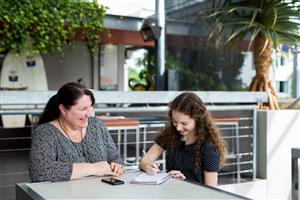
One platform for all - from assistance to incentives for employers
JobAccess Service helps people with disabilities, employers, employment service providers, and the community to access advice regarding resources, financial assistance, and workplace services. By 2016, the government-driven service has managed 245,000 enquiries and has created 2,500 job opportunities.
Australian Department of Social Services, JobAccess Service 2016 Department of Social Services (DSS), WorkFocus Group, Australia, Australia -
The EBU job website tells visually impaired people, employers and policy makers across Europe about the huge range of jobs undertaken by visually impaired people. It is part of a range of work carried out by EBU to examine, promote, and facilitate the employment of blind and partially sighted people.
EBU - European Blind Union, An employment resource for the visually impaired, France -
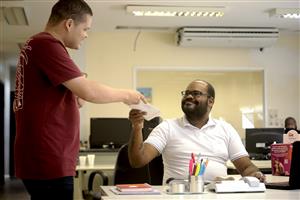
Job clubs as employment entry points for people with intellectual disabilities
To get people with intellectual disabilities into regular jobs, Instituto Jô Clemente uses a model with three key elements: professional guidance (Work Club), employment development, and post-inclusion monitoring. The model has been designed as a low-cost practice and is funded by the participating companies.
Jo Clemente Institute, Professional Inclusion, Brazil -
Felting and knitting skills as the key to self-employment
EPSA produces and sells a variety of felting and knitting products made by young women with disabilities. Participants in their vocational training are provided with meals and accommodations. Since 2009, almost 400 young women have benefited from being trained and equipped to work on a self-employment base.
EPSA - Entire Power in Social Action, Employment programme for young women with physical disabilities., Nepal -
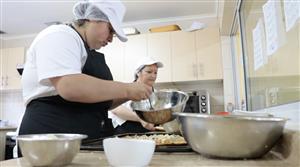
National state-run training and job-placement programme for people with disabilities
The Format for Work, Disability Line programme offers people with disabilities theoretical and practical vocational training and then placement in dependent employment. The programme was launched in 2014. Between 2015 and by 2020 there were a total of 9,929 users, of whom 7,995 completed their training.
SCENE Chile - National Training and Employment Service, Training for Work, Chile -
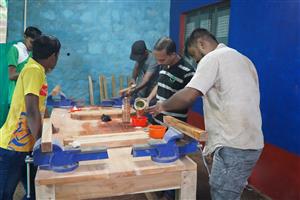
Mainstreaming a self-employment programme for persons with disabilities with Indian-wide government-led institutes
EnAble India's Entrepreneurship Development Programme: Teaches skills to persons with disabilities for self-employment. From 2013 to 2023, trained over 9,000 persons, with 80% becoming self-employed across 562 RSETIs in India.
Entrepreneurship Development Programme (EDP), India -
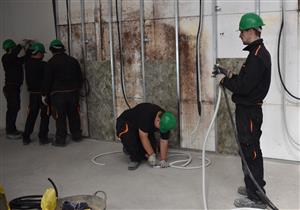
Moving inactive people with disabilities from social services to employment
A multidisciplinary team provides training, support, and internship opportunities to inactive youth with intellectual or psychosocial disabilities. Between 2017 and 2019, One-on-one has been working with 228 employers and supporting 2,054 people with disabilities to transition to employment.
ONCE Foundation, One-on-one, Spain -
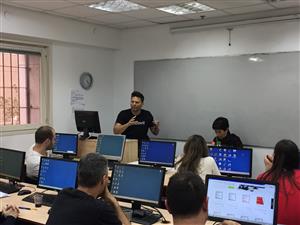
Training people with psychosocial and intellectual disabilities for ICT jobs
TAP was designed for people with mental, emotional, or cognitive disabilities. It includes technological education, training of soft skills, and the placement of people as qualified IT specialists. Since its launch in 2011, TAP has trained more than 150 adults, 74 per cent of whom were successfully placed.
itworks, Technology Accessibility Program (TAP), Israel -
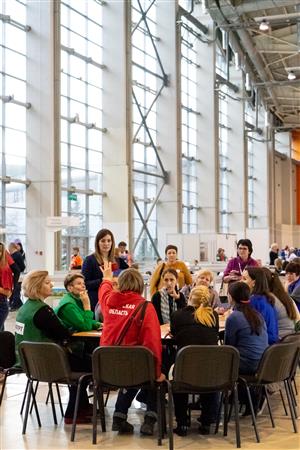
Solving social issues to increase job opportunities
In 2016, IKEA in Russia launched a joint project with the Abilympics movement to improve employment opportunities for people with disabilities. By 2020 the employment of people with disabilities in IKEA Russia has increased by 55 per cent, and new business partners have joined the Abilympics.
Ingka Group (IKEA), Abilympics Project, Russia -
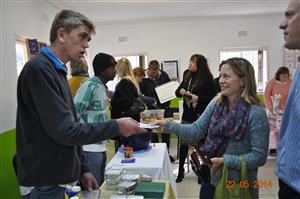
Finding employment by profound training
Trainings include theoretical modules and a period of job sampling in the open labour market. The course material was written for and in collaboration with intellectually disabled people. There are no formal assessments, as many of the young adults are illiterate. Approximately 35 adults are trained each year.
Living Link, South Africa